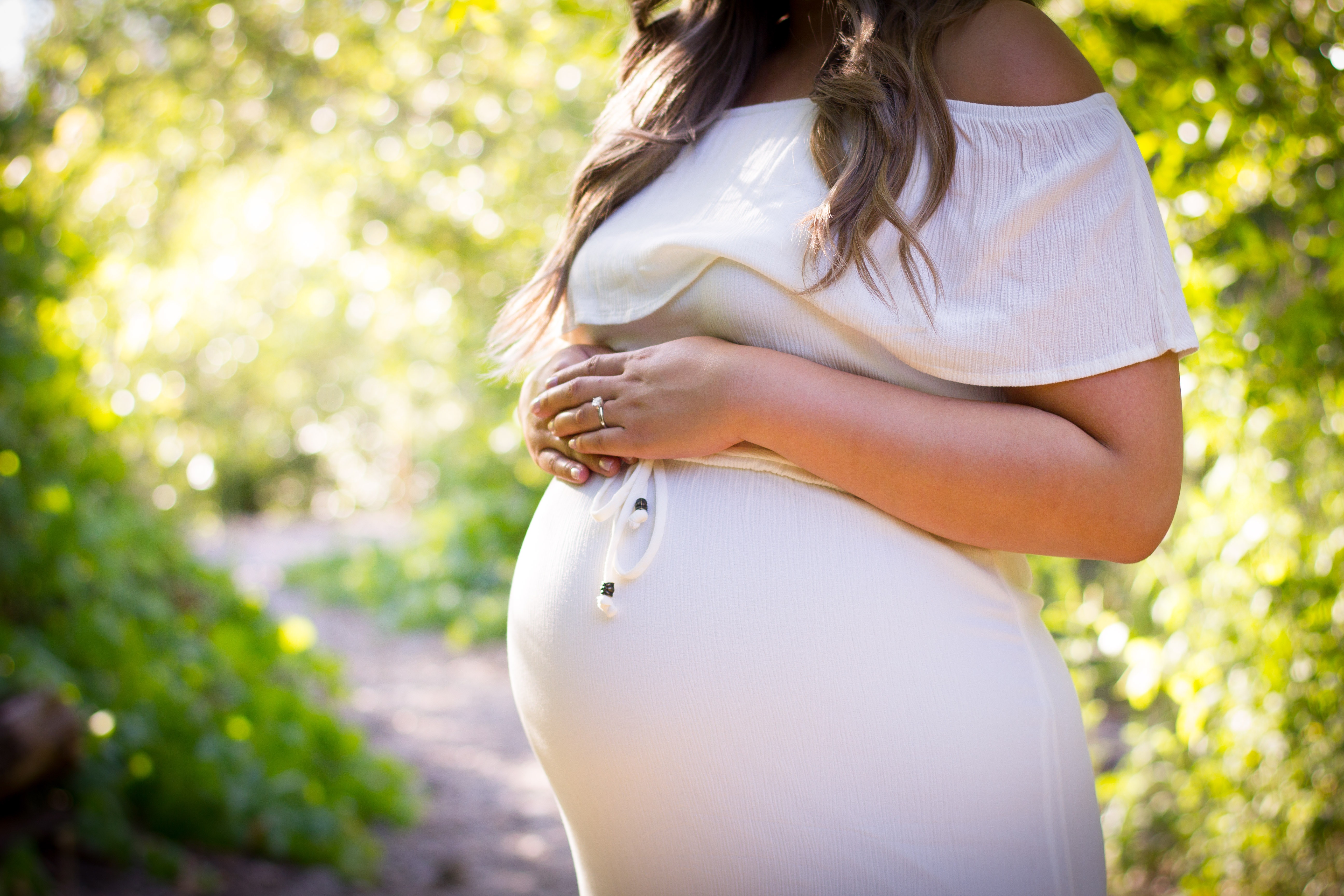Pregnancy food cravings are real, there’s no doubt about it. And while every woman may not be pining for the classic pickles and ice cream combination, pregnancy makes it harder than ever to resist the call of hunger. When chocolate, grilled cheese sandwiches, French fries, and cake call out to you, you’re reminded how you’re “eating for two,” running low on energy and just trying to get by day by day.
But gone are the days where women should carelessly pack on pounds while pregnant. Weight gain recommendations have changed since the 1990’s, and new studies show that gaining weight within the recommended range will reduce risks of postpartum weight retention, C-section delivery, and hypertension during pregnancy.
As with weight management before pregnancy, the best way to keep a healthy weight during pregnancy is through diet and exercise. Women should consult their doctor on recommended exercise strategies, as these limitations vary from pregnancy to pregnancy. But there is a general list of foods that all women can benefit from avoiding while pregnant.
Foods to avoid while pregnant fall into two categories: foods to be avoided because of serious health risks unique to pregnant women, and foods to avoid because they are generally unhealthy. We’ll begin by discussing the former.
Foods that pose a health risk to pregnant women
Listeria, mercury poisoning, and Fetal Alcohol Syndrome are the main risks presented to women during pregnancy. This list is mainly composed of foods that increase the risk of one or all of these conditions.
Raw meat and shellfish: Uncooked meat and seafood pose many contamination risks, including salmonella and toxoplasmosis. Avoid sushi, beef tartare, and any other food with raw or even rare meat.
Deli meat and smoked fish: Unfortunately, typically healthy choices like deli ham and turkey must be avoided during pregnancy. Deli meat has been linked with cases of listeria, which can lead to miscarriage. Listeria can infect the placenta and poison the baby while in the womb.
Fish with high mercury levels: Mercury poisoning can lead to developmental delays and brain damage. For this reason, fish with high levels of mercury must be avoided. Generally, the larger the fish, the higher the mercury content. Examples include shark, swordfish, tuna, and king mackerel. Canned tuna is lower in mercury but should only be eaten once a week or less.
Raw eggs: Most people don’t regularly consume raw eggs, but some foods that contain raw eggs should be on every pregnant woman’s radar, such as raw cookie dough, homemade Caesar dressing, Hollandaise sauce, homemade custards, eggnog, and more. Raw eggs risk exposure to salmonella.
Caffeine: Some studies show that caffeine has been related to miscarriages, so it’s best to avoid it for at least the first trimester of pregnancy.
Alcohol: Most women already know the risks of drinking alcohol during pregnancy, but alcohol should also be avoided during breastfeeding. Any exposure to alcohol poses a risk to infants and fetuses in the womb.
Soft cheeses: Though harder cheeses like Parmesan and Cheddar are okay, soft cheeses are often unpasteurized and may carry listeria. These cheeses include brie, feta, Gorgonzola, queso fresco, and more. Check labels and find a cheese that is not imported and made with pasteurized milk.
Foods that increase weight gain
Eating healthy is beneficial to everyone, whether they’re carrying a child or not. But pregnancy is an even more crucial time to consume a well-balanced diet full of nutrients that will benefit your growing baby. Here is a list of foods that are generally unhealthy and can add to unnecessary weight gain:
Sugary drinks: Added sugar is one of the most detrimental foods contributing to obesity in America. Avoid soda, milkshakes, sugary smoothies, and even fruit juice during pregnancy to maintain a healthier weight.
Fast food and junk food: Most fast and convenience foods have little to no nutritional value. Avoid chips, French fries, burgers, pizza, etc. Instead choose fresh fruits and vegetables, proteins, nuts, and legumes. Every meal is a chance to give your baby the vitamins and minerals he or she needs to develop.
White bread and excessive carbs: Unfortunately, carbohydrate-rich foods often seem to be the one food group many women tolerate during their first trimester of pregnancy. Nausea can make it hard to avoid crackers, white bread toast, and other carbs, but try to avoid them in heavy doses when you can.
Margarine, shortening, and processed fats: These highly processed foods are full of artificial ingredients that often include vicious trans fats. Stick to healthy fats like olive oil, avocado oil, and coconut oil. Enjoy real butter in moderation.
Cookies, cakes, and other treats: While treats are fine when they’re truly a rare treat, most people consume sweets and baked goods on a daily basis. Avoid muffins, rolls, and other items that bring high doses of sugar, calories, and zero nutritional value.
By following these tips, you’ll be on your way to a healthier and happier pregnancy. Postpartum weight retention will be reduced, and your overall health levels will be higher.
Check out the ultimate guide for eating healthy on a budget at Blender Bottle’s Blog.
As always, you can sign up for my FREE weekly email at www.kimschaper.com

